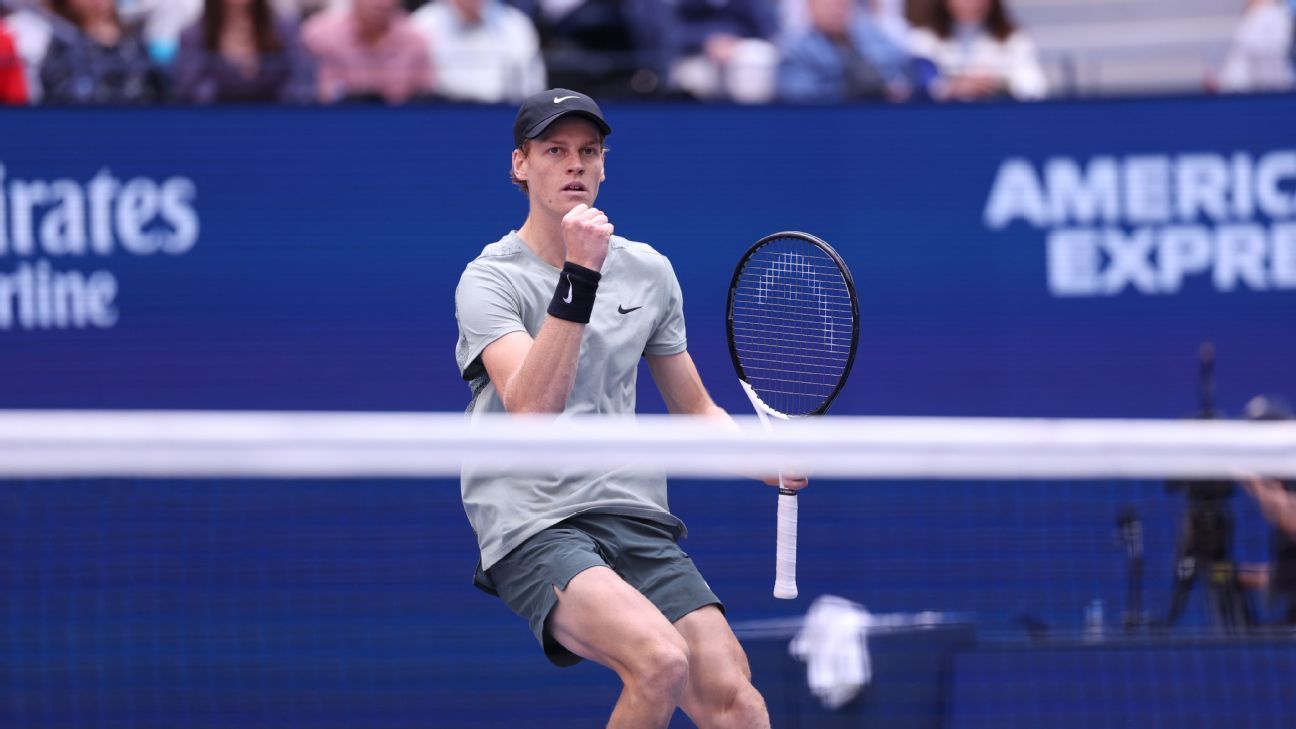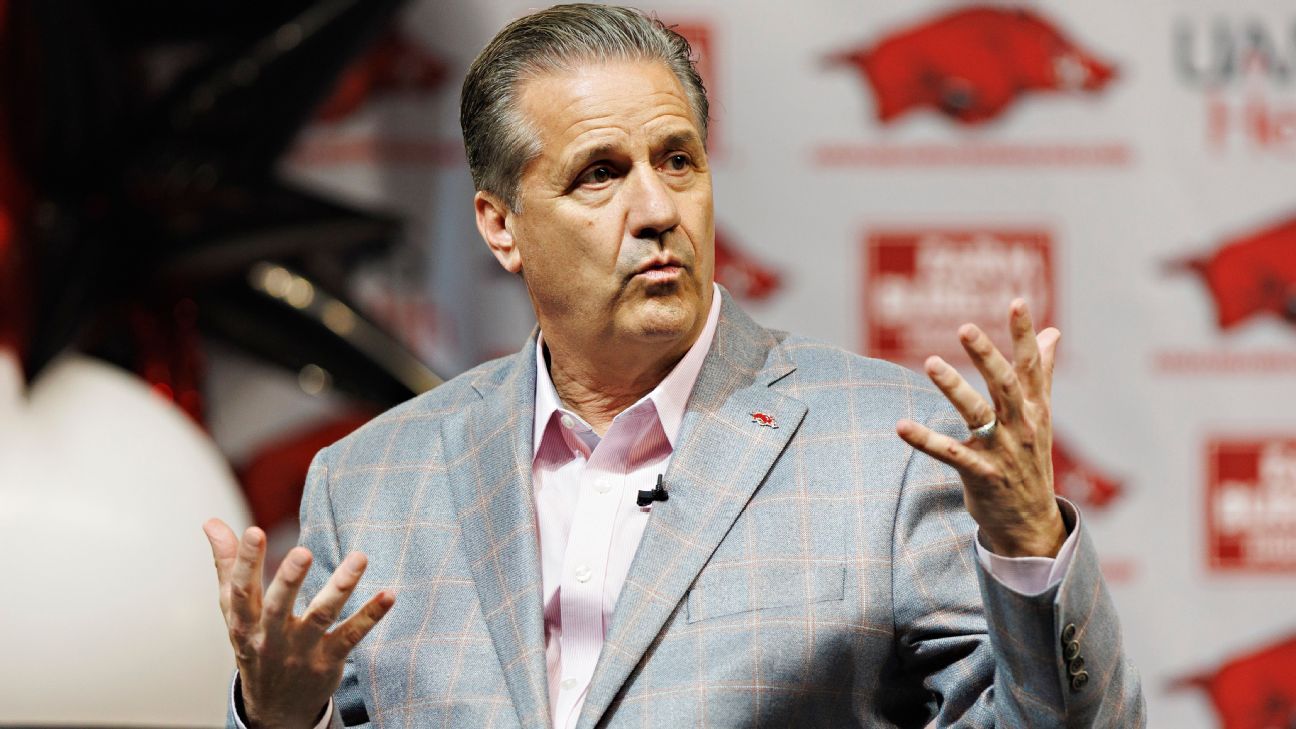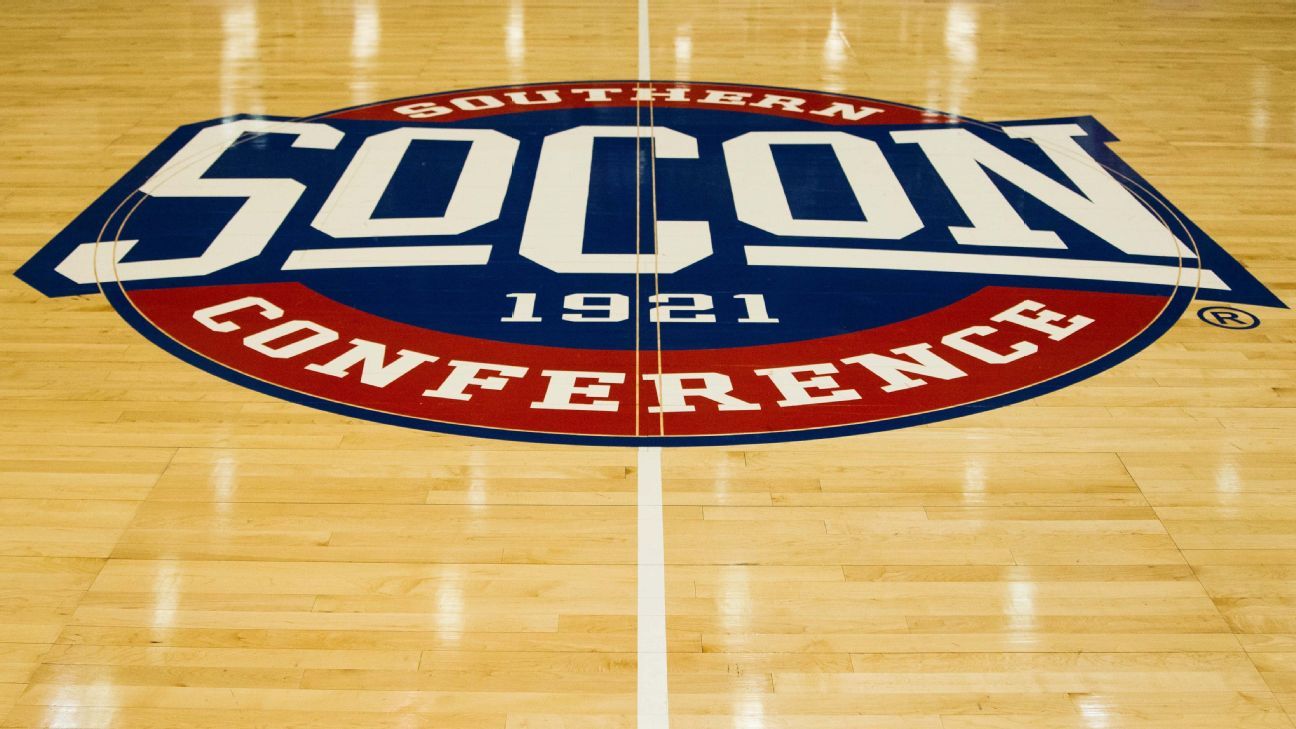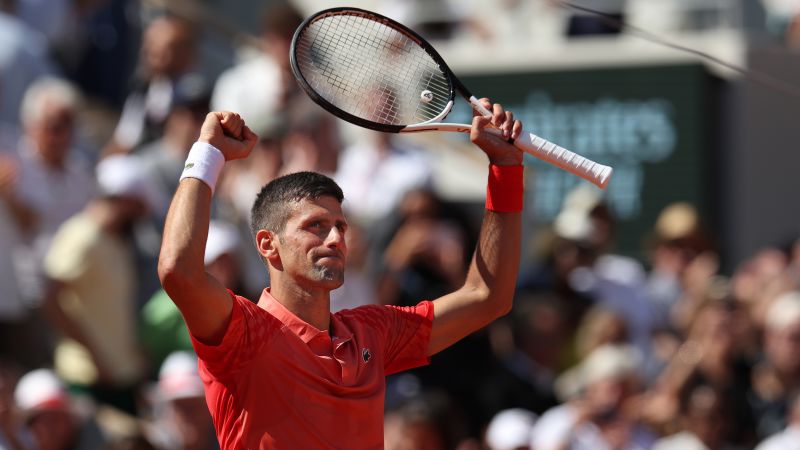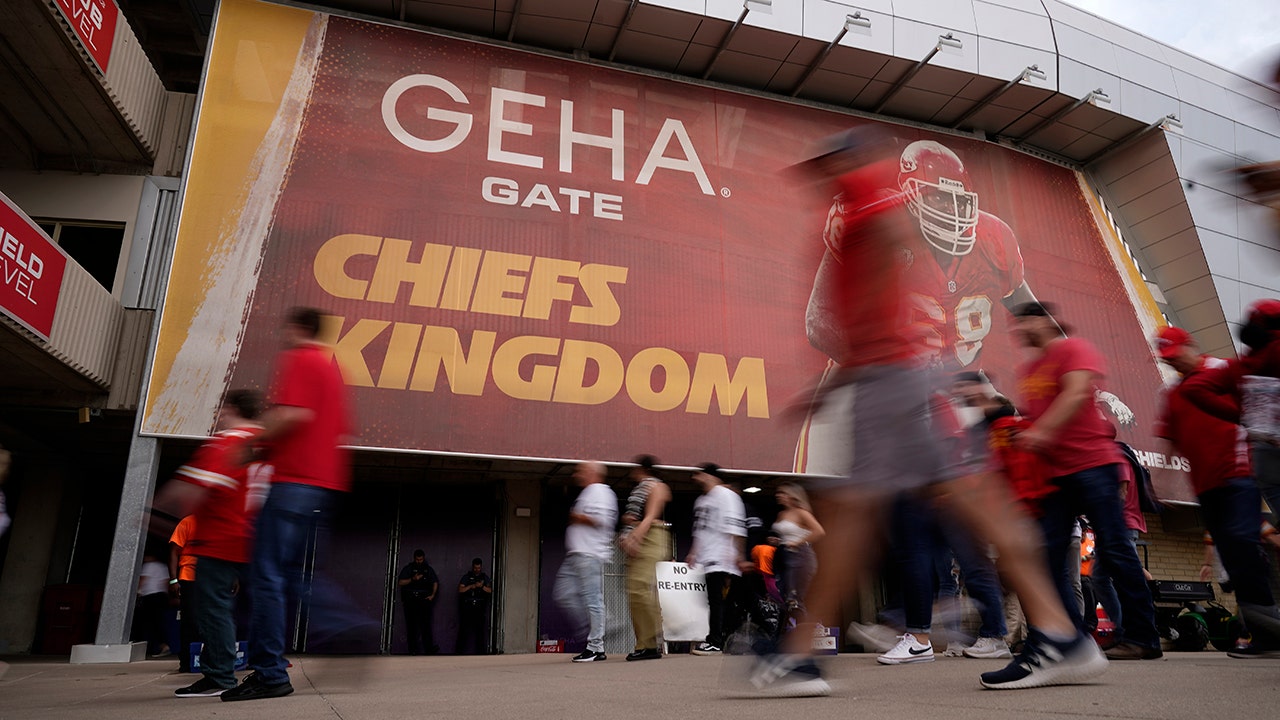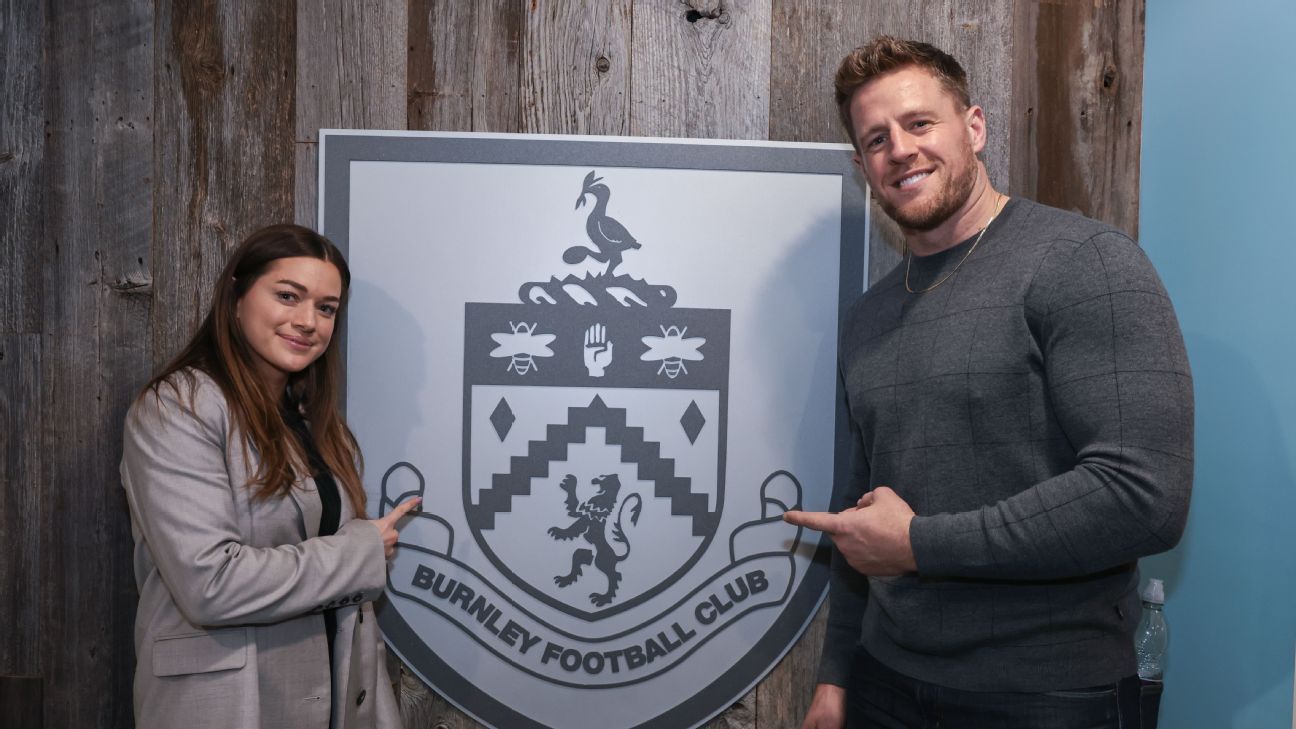NEW YORK — Jannik Sinner raised his arms, closed his eyes and let out a deep sigh.
It was only when he dropped his arms back to his sides that he showed the slightest hint of a smile.
While the rest of his team and players' box leapt to their feet, his coach Darren Cahill remained in his seat, leaning forward with his head in his hands. He appeared to be wiping tears from his face.
The 23-year-old Italian had just won the US Open with a stunning 6-3, 6-4, 7-5 victory over American Taylor Fritz. After months of uncertainty and self-doubt, the relief he felt was evident with every step he took to the net to shake hands and hug Fritz, and as he slowly made his way to his box to embrace everyone who had been on the journey with him.
It was Sinner's second major title of the year – and of his career – and he became the first Italian to win in New York and only the third man in the Open Era to win his first two Grand Slam titles in the same season. He further extended his lead as world number one.
But in those moments after the match, Sinner wasn’t necessarily thinking about the bigger picture or what this meant for his long-term legacy in the sport. Instead, he had a weight lifted off his shoulders after a difficult few months of waiting to learn his fate on the tennis court after testing positive for a banned substance during two separate tests in March.
“This title means a lot to me, because the last period of my career was really not easy,” Sinner told the crowd shortly afterward.
Sinner opened the 2024 season with his first major title at the Australian Open, cementing his place as one of the sport’s best young stars — and as an heir apparent, alongside Carlos Alcaraz, who could help replace Rafael Nadal and Novak Djokovic once they eventually join Roger Federer in retirement.
And she continued to show her hard-court prowess with a title in Miami in March. She reached the semi-finals at Roland Garros and claimed the world number one spot at the conclusion of the event. She reached the quarter-finals at Wimbledon in July.
Tonsillitis forced him to withdraw from the Olympics, but he returned in time for the summer hard-court season. He reached the quarterfinals at the Canadian Open before a dominant run at the Cincinnati Open, culminating in the title, in the final event leading up to the U.S. Open.
Sinner seemed to be the clear favorite to win in New York and claim the second major title of his career and of the year.
However, the day after he lifted the trophy in Ohio, it was revealed that the 23-year-old had tested positive on two separate occasions in March for a banned substance. In a statement, the International Tennis Integrity Agency (ITIA) announced that Sinner had tested positive for low levels of clostebol, a banned anabolic steroid. He was provisionally suspended at the time, but had been able to compete during the appeal process.
During a hearing in August, the ITIA said an independent panel “determined that no fault or negligence had been applied in the case” and blamed the contamination on Sinner’s then-physiotherapist, Giacomo Naldi. Sinner’s then-fitness coach, Umberto Ferrara, had purchased an over-the-counter spray containing the substance and Naldi had used it to treat a small wound before giving Sinner a massage. Both Naldi and Ferrara were fired by Sinner.
Although he was cleared to play at the US Open and everywhere else, Sinner arrived in New York under a cloud of scrutiny. Several of his peers criticised the decision and questioned the treatment he had received, speculating that there was a double standard for the world's top-ranked player. Nick Kyrgios called it “ridiculous” on X, adding that “whether accidental or planned, you get tested twice with a banned substance.” [steroid] substance… you should disappear for two years.”
Denis Shapovalov posted: “Different rules for different players.”
During Sinner's pre-tournament media appearance three days after the news was made public, he was subjected to a series of questions from reporters (despite attempts by the moderator to limit such questions) about the results and the decision. Sinner reiterated his innocence and said that while his preparation for the tournament had not been “perfect” due to “certain circumstances,” he was still ready to play.
“Of course it's not ideal before a Grand Slam,” Sinner said. “But, you know, in my head I know I haven't done anything wrong. I had to play for months with this in my head, but, you know, just remembering that I haven't really done anything wrong. I always respect these rules, and I will always respect these anti-doping rules.
“Obviously, it's a relief for me to have gotten this result. And yes, it's good to be back here. It's an amazing city, an amazing place to play tennis. I'll try to enjoy it as much as I can and hopefully have a good tournament.”
In an interview with ESPN after Sunday's final, Cahill said the team tried to keep Sinner's spirits up and his focus on tennis, not a possible suspension. He said it had been difficult at times.
“The last three or four weeks, the last four months… [we’ve just tried] “I've got to keep him focused on what we're trying to achieve, make sure I'm continually telling him that he's done nothing wrong,” Cahill said. “So whatever happens, keep your head up because you've done absolutely nothing wrong. Let's just get on with our tennis in a professional manner and see what we can do in this period. And once we get through it, we can go from there. And we got through it.”
During the first set of her first-round match on the second day of the tournament, it looked like the stress had gotten to Sinner. Facing Mackenzie McDonald, another American at Ashe, Sinner struggled early and lost 6-2. But there was no early exit. She rallied and regained her level to win in four sets. She later said she simply tried to “stay in there mentally.”
From there, he dropped just one set (against 2021 US Open champion Daniil Medvedev in the quarterfinals) for the rest of the tournament. During the semifinals, he fought a tough opening battle with friend Jack Draper. But while Draper battled nerves, anxiety, and even vomited several times on court, Sinner kept his cool. After two tight sets to start the match, he closed it out 6-2 in the third.
On Sunday, against Fritz, who was playing the best tournament of his career and had a raucous pro-American crowd behind him, with occasional chants of “USA,” Sinner seemed unfazed. Fritz took a 3-2 lead in the first set, but Sinner took control.
Fritz finally found another level with his back against the wall in the third set, much to the delight of the crowd, and was serving at 5-4 to force a fourth set. But Sinner broke him and won the last four games of the match to claim the straight-set victory.
“[I] “I put myself in a good position to win the third, but he played a good match when I went to serve,” Fritz said later. “But that's how it works, when you're playing, you know he's the best player in the world right now.”
For much of the summer, Sinner was unsure what would happen to him, or whether he would even be allowed to play in the U.S. Open. Now, six months after his first positive test, Sinner leaves New York as the U.S. Open champion.
“This means a lot,” Sinner told ESPN.[My team and I] “We all know how much we've been through. We've worked hard for it. We've tried to embrace our struggles and this is truly an incredible achievement for me and my team.”

